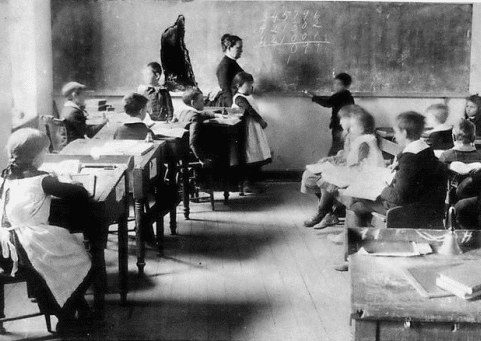Could Distance Learning Degree Courses Help Meet Education Targets?
Could Distance Learning Degree Courses Help Meet Education Targets?
 New research from the University and Colleges Union (UCU) has highlighted that there were nearly four million UK adults in further education between 2008 and 2009 – a figure that has no doubt increased with the burst of enrolments to universities and colleges in September due to the recession. Yet the statistics for younger people are not quite as positive, leading to widespread criticism of the UK education sector by the British press.
New research from the University and Colleges Union (UCU) has highlighted that there were nearly four million UK adults in further education between 2008 and 2009 – a figure that has no doubt increased with the burst of enrolments to universities and colleges in September due to the recession. Yet the statistics for younger people are not quite as positive, leading to widespread criticism of the UK education sector by the British press.
UK newspapers such as The Guardian and The Telegraph have both seemingly taken the side of the UCU by highlighting the words of their general secretary, Sally Hunt, who urged the government ‘to face up to the fact that we cannot remain a first-world country with third-world levels of participation in education.’
In terms of rankings the UK has now been overtaken by Portugal, Slovakia and Hungary – and now sits in the ‘relegation zone’ at 26th place after being ranked 19 out of 30 OECD countries in 1995. The data also follows figures published last month which showed that the number of 16 to 24 year olds not in education, employment, or training had reached one million.
In response, the Department of Business, Innovation and Skills issued an unspecific statement about their commitment to achieve a world-class skills base by 2020, and having the necessary ‘challenging targets’ in place. So what part could distance learning play in meeting our education targets?
In basic terms, 2010 looks fairly exciting, with the breadth of distance learning degree courses set to diversify even more and increasing market competition giving more opportunity to anyone who is considering learning from home. Additionally, social media is set to become more integrated with online education as the shift towards ‘anytime, anyplace learning’ becomes more prevalent alongside the accessibility of the necessary technology such as laptops and smart phones.
Acknowledging Sally Hunt’s notion of ‘third-world education’, it could well be countries with, until recently, a less developed further education sector which will rise to help our own. For example, next year Nigeria’s higher education industry is pioneering a scheme in which UK and Nigerian universities will twin with each other, offering each others services by way of distance learning degrees and placement schemes. If the pilot is a success, I see no reason that more universities will not establish twinning partnerships with developing institutions worldwide.


